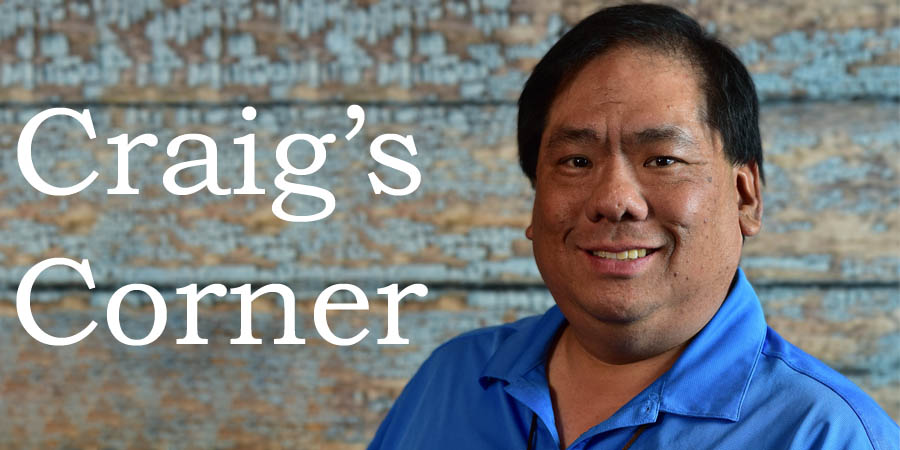
Why the history of our church is so important…
Even though today our church serves people of all ethnicities, we definitely have our origins in the Japanese-American community. Formed during a time of prejudice and hatred toward “the other” there were many laws out there designed specifically with Asian immigrants in mind. The California Alien Land Laws of 1913 and 1920 were written to discourage immigrants from Asia and primarily Japan while simultaneously making life purposefully more difficult for those already living here. It was even upheld by the Supreme Court and wasn’t invalidated until 1952 in the case of Sei Fujii v. California. The environment for people of Japanese descent was hostile to say the least.
When the United Methodist Church (then just The Methodist Church) began to reach out to the Japanese many were attracted to this vision of a loving God and there were some amazing Issei pioneers who had a burning desire to share the Gospel with others of their community. One such place was planted right where we are today (actually a little up the street).
Church back then was not only a place to know and worship God, but it provided a safe haven for those in need. The Japanese immigrants and Japanese-American community gathered together to affirm one another, lift each other up, support each other, help each other, and stand together in times of need and persecution. Our church served as a warehouse for storage during World War II and served as a hostel for those returning after the war without a home.
Today, we are no longer persecuted in the same way we were back when the church started or even during the war. Our folks, who at one time were forced to leave in this neighborhood away from their Caucasian neighbors, have since moved to many different Bay Area communities even though they still call this their church home. Lee Marrs and Deacon Mike who live just a street away shared with me that the last of their Japanese-American neighbors moved away awhile ago. And that is true for most of our surrounding neighborhood. As I watch people passing by the church on a daily basis, I see people of all colors, all types, all ethnicities. What a blessing that people of all types now inhabit this place.
It’s time to reach out once again to our neighborhood and be the community church it needs us to be. Some are fearful this means abandoning our historical association with our Japanese and Japanese-American founders. Far from it! In fact, I think our best option is to embrace our heritage and say to the world around us that we are here for them. That we understand the pain and struggle that so many in our community are going through. That even if their kspecific pain is different than our own, we empathize and sympathize with them and stand together. The best way to honor our heritage is to extend our love through shared compassion and the love of Christ.
Come join us for our Day of Remembrance service on February 23rd as we celebrate our heritage as it also informs our future. We will not forget who we are. Instead we will embrace our past so we can better reach out to those around us today and tomorrow.
Peace in Christ,
Craig
How Do You Like Your Spam Musubi?
By Rev. Craig
Stories about spam musubi are prevalent all over the internet with various people claiming ownership, but according to Hawaiian food historian Arnold Hiura, spam musubi is an invention out of necessity that began in the internment camps. Indeed, many adapted “cuisines” were introduced at camp – shoyu weenies (still one of my favorites my own dad used to make), weenie royale, and spam musubi to name a few. With so little fish or other protein available, internees made do with what was available.
We enjoy these today with our own homemade spin! So, on February 23rd following our service we will have a spam musubi tasting and anyone is invited to participate. We will have a panel sample each one and vote for both Best Tasting Spam Musubi and Most Creative Use of Spam. The only criteria is your creation must have spam, rice, and seaweed and in the shape of either nigiri sushi or roll sushi. Whatever else you combine with those ingredients is up to you! Please let me know if you plan to participate and plan to bring 5 or more musubi sliced into 4 to 5 portions each.
We hope to honor the creativity and resourcefulness of those who endured the camps as well as reflect on all they had to give up and the injustice of their captivity. Please join us and participate in the tasting!


